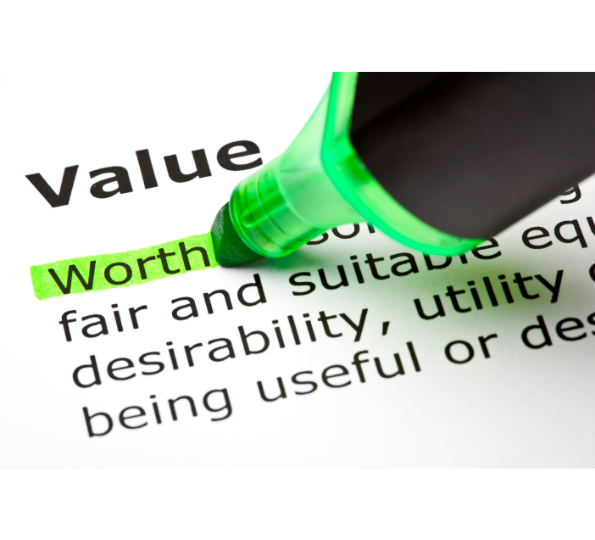It is all too easy to disregard and undercook the value of business data.
My client meeting #
During a Zoom call with a client a while ago, in anguish, I had my head in my hands. This is why.
We were a few months into a project to help him build his e-mail newsletter circulation list. His business is well established. His newsletter had been running for some time and was sent to several thousand networking contacts and customers.
I asked him what number he now had in his list. At which point, he turned to me and said something like: “well it’s 100 more than you’ve got for me Richard.”
It turned out he had been given some advice around the time the new GDPR regulations were brought in.
The advice was that he should take his list, email everyone and get them to re-subscribe, so his business could stay compliant in the post-GDPR world. 100 people on his list had taken the trouble to re-subscribe. The rest had assumed life would carry on as normal and they wouldn’t need to bother.
At this point my head was in my hands. “Are you all right Richard?” “No. Not really,” I mumbled. At which point I then briefly explained the rules on email marketing to businesses.
Later, I sent across a copy of the directive from the ICO Information Commissioner’s Office.
Thankfully his data was retrievable, was retrieved and quickly reinstated.
A lesson learned #
I learned a lot from this experience. It taught me to recognise how many of us completely underestimate the value of our business data.
Let’s now compare this scenario to a tangible asset.
Imagine we have a building, or a piece of vital machinery and a compliance officer comes in to condemn our prize asset, because it doesn’t comply with incoming regulations.
I’m sure most of us would move Heaven and Earth to put in place all the necessary safety precautions to make sure we didn’t need to replace the machine or demolish and rebuild our factory.
But business data? It’s intangible. It’s subliminal. It’s easier to put a torch to.
Is it a dark art trying to figure out its value? Maybe? But perhaps we can at least try and put a figure on the value of our prize asset in this Information Age.
Data in the world of the big corporates #
LinkedIn and WhatsApp have been sold in recent years for figures equating to between $30 and $50 per user. It would be nice to value our data the same but, for many of us, that wouldn’t be reasonable because we don’t own the platform on which our data sits.
Financial markets businesses have changed hands for billions because their data is their lifeblood and their proprietary systems are the heart and arteries through which it flows.
How about us? #
Better news is that our information and our interactions with clients, potential clients and those in our network can be given a value. This is the case, even if it sits in a spreadsheet or in an off the shelf data management system.
But what is the value? Is it £5 per contact with a direct email address and £2 per contact with a name of a decision maker and a generic email address?
The figure is going to be different for us all. But, the important thing is to, at least make a start, on considering the value of the information we use regularly to interact with our audience.
As Tim Berners-Lee is quoted as saying: “Data is a precious thing and will last longer than the systems themselves.”
And here’s one from Hal Varian, Chief Economist AT Google: “The ability to take data, to be able to understand it, to process it, to extract value from it, to visualise it, to communicate it, is going to be a hugely important skill in the next decades.”
Quote source: https://thinkinsights.net
Thank you for reading.





